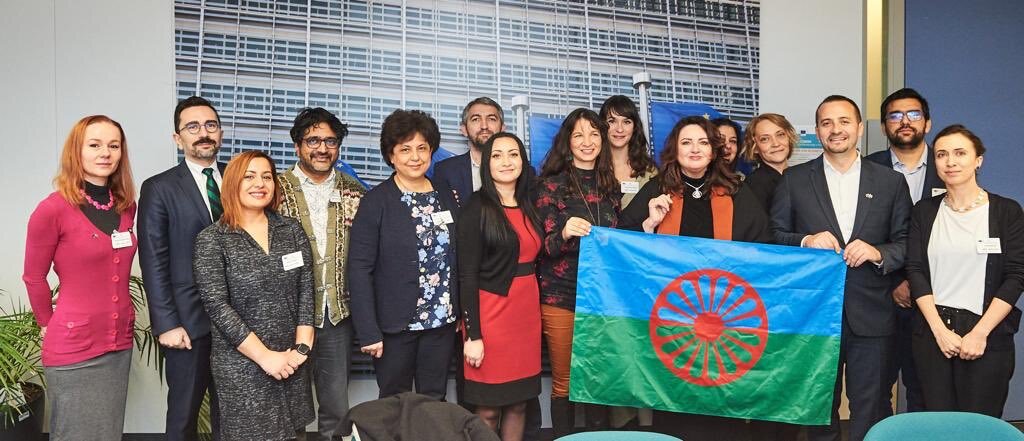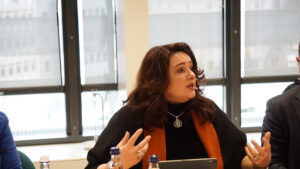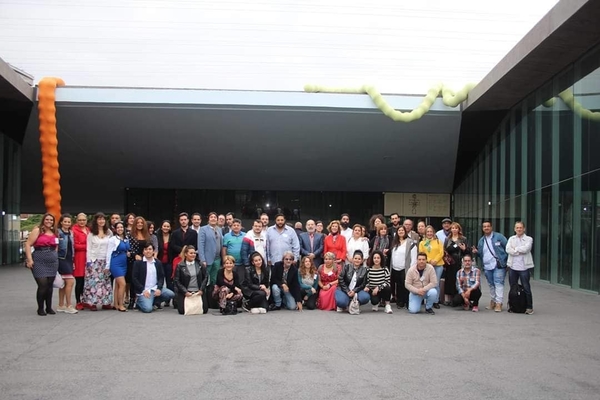European Semester: European Commission releases Winter Package
What’s in it for Europe’s Roma?
On 26 February 2020, the European Commission published the so-called Winter Package, comprising the 28 Country Reports 2020 (including the United Kingdom), and the usual Communication on Country Reports, in the framework of the 2020 European Semester.
The European Roma Grassroots Organisations (ERGO) Network warmly welcomes the explicit mention of the European Roma in the Communication on the Country Reports, which states “Equal access to high-quality education and training from an early age is also essential to promote equality of opportunities and to foster inclusion, including of underrepresented groups such as Roma…”. However, we are disappointed that the Roma are mentioned exclusively under education and training. There are no references to the fact that Roma people in Europe face poverty and social exclusion at rates of over 80% in most Member States, that their employment, health, housing and other indicators are extremely low compared to the majority of the population, and that antigypsyism and discrimination continue to be rampant.
This approach is mirrored by the very vast majority of the individual Country Reports included in the Package, according to the review performed by the ERGO Network and its national members. Read below the Key Messages derived from this analysis and access the full report here:
- Only 6 Country Reports explicitly refer to the Roma, despite most of them across Europe experiencing severe discrimination, marginalisation and segregation, poverty, poor living conditions, and very low employment, education, and health outcomes.
- The National Roma Integration Strategies are not given enough prominence and support in the vast majority of Country Reports, evidencing a lack of effective integration of the EU Roma Framework in the European Semester and its processes.
- The national approach to Roma rights and inclusion continues to be piecemeal in most countries, while a comprehensive, integrated policy response, rooted in realities across all social areas and equally tackling antigypsyism, is lacking.
- The approach to Roma communities is consistent with an unfortunate lack of prioritizing of issues related to ethnic minorities and discrimination throughout the Country Reports.
- Civil society organisations are only rarely mentioned as key partners in the design, implementation, and monitoring of public policies, thus weakening the effectiveness of interventions, as well as undermining ownership and democratic decision-making processes.
For more information about ERGO Network’s work on EU social inclusion and employment policy (European Semester, Europe 2020, European Pillar of Social Rights, Sustainable Development Goals etc), please contact Senior Policy Adviser Amana Ferro.






 “Roma people have been living in Europe for more than 700 years and have massively contributed to the richness of the European heritage. Yet, for centuries, European societies have turned a blind eye to racism and widespread discrimination of Roma people. We have to change that”, Commissioner Dalli committed to the ERGO Network members during this first meeting with Roma civil society representatives of her mandate.
“Roma people have been living in Europe for more than 700 years and have massively contributed to the richness of the European heritage. Yet, for centuries, European societies have turned a blind eye to racism and widespread discrimination of Roma people. We have to change that”, Commissioner Dalli committed to the ERGO Network members during this first meeting with Roma civil society representatives of her mandate.